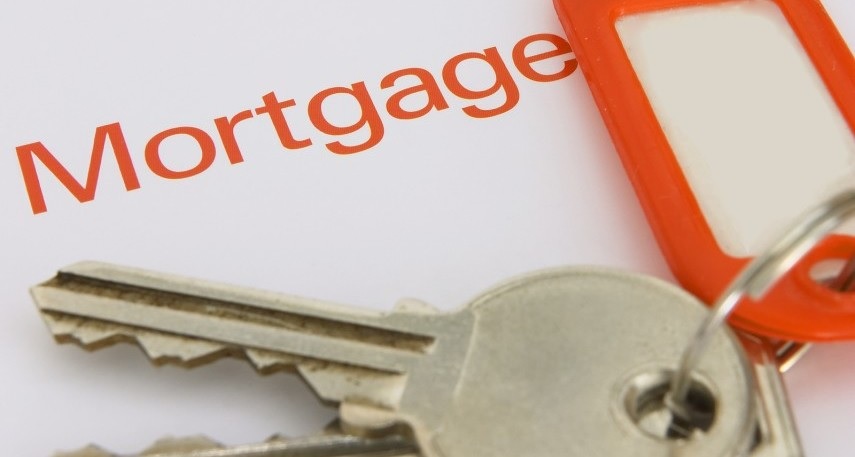
Buying a home is a major financial commitment, often facilitated by taking out a mortgage. This type of loan allows you to purchase property while spreading the cost over many years. To navigate this process effectively, it’s important to understand how mortgages work, the different types available, and strategies for paying them off efficiently. Here’s a comprehensive guide to help you get started.
What’s a Mortgage?
A mortgage is a type of loan tailored for purchasing real estate. When you secure a mortgage, the property you buy serves as collateral. If you default on the loan, the lender has the right to foreclose on the property. Mortgages usually have extended repayment terms, often 15 or 30 years, which helps to make homeownership more affordable by spreading out the cost over time.
Types of Mortgages
There are several mortgage options, each with unique characteristics:
Fixed-Rate Mortgages
A fixed-rate mortgage features a consistent interest rate throughout the life of the loan. This stability means your monthly payments remain the same, which simplifies budgeting and financial planning.
Adjustable-Rate Mortgages (ARMs)
With ARMs, the interest rate can fluctuate based on market conditions. Initially, these loans may offer lower rates than fixed-rate mortgages, but your payments can increase if interest rates rise. This type of mortgage can be riskier but might be beneficial if you expect rates to decrease or if you plan to move before the rate adjusts.
Interest-Only Mortgages
These mortgages allow you to pay only the interest for a set period, usually 5–10 years. After this period, you start paying both principal and interest. This can be advantageous if you anticipate higher income in the future, but be aware that it can lead to larger payments later on.
Government-Backed Mortgages
FHA, VA, and USDA loans are backed by government agencies and typically require smaller down payments and have more lenient credit requirements. These types of loans are particularly beneficial for first-time homebuyers or those with limited financial resources.
Key Factors to Consider
When selecting a mortgage, several factors should influence your decision:
Interest Rate
The interest rate on your mortgage affects how much you’ll pay in addition to the principal. A lower rate means less interest over the life of the loan.
Loan Term
The length of the loan impacts both your monthly payments and total interest paid. Shorter terms, like 15 years, have higher monthly payments but lower total interest, whereas longer terms, such as 30 years, offer lower monthly payments but more total interest.
Down Payment
Your initial down payment affects the size of your mortgage and your interest rate. A larger down payment reduces the amount you need to borrow and can help you to secure a lower interest rate.
Credit Score
Your credit score plays a significant role in determining your mortgage rate. A higher credit score can help you obtain a better interest rate, which can save you money over the life of the loan.
Strategies for Paying Off Your Mortgage Early
Paying off your mortgage early can be a smart financial move, offering both interest savings and financial freedom. Using a HELOC to pay off mortgage debt can be an effective strategy if managed carefully.
Here are some other strategies to help you achieve this goal:
Make Extra Payments
Adding extra money to your mortgage payments, even in small amounts, can significantly reduce the principal balance and total interest.
Refinance to a Shorter Term
Refinancing your mortgage to a shorter term, such as from 30 years to 15 years, can help you pay off your loan faster. While your monthly payments will be higher, you’ll save on interest over the life of the loan.
Use Windfalls
Apply any unexpected financial gains, such as bonuses or tax refunds, directly to your mortgage. These lump-sum payments can reduce your principal balance and help to shorten your loan term.
Consider a Recast
A mortgage recast involves making a large principal payment and then recalculating your monthly payments based on the new, lower balance. This can reduce your monthly payments without changing your interest rate or loan term.
Conclusion
Mortgages are a key tool for homeownership, but understanding their intricacies can help you make better financial decisions. By choosing the right type of mortgage, considering all relevant factors, and employing effective repayment strategies, you can manage your mortgage wisely and work toward paying it off sooner.

